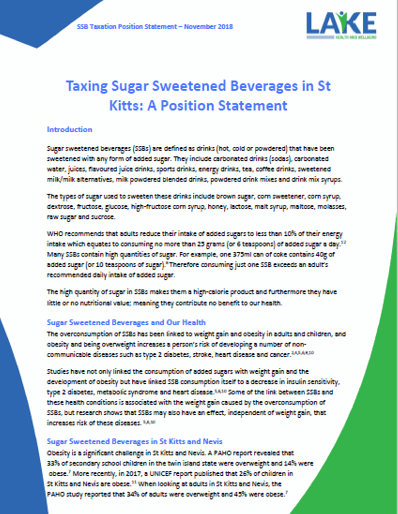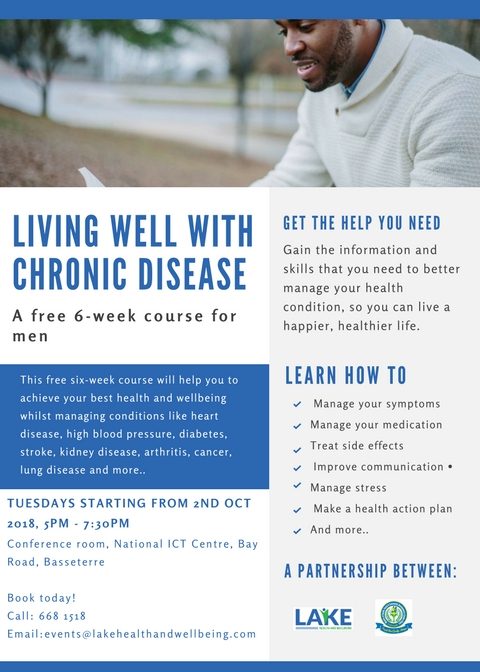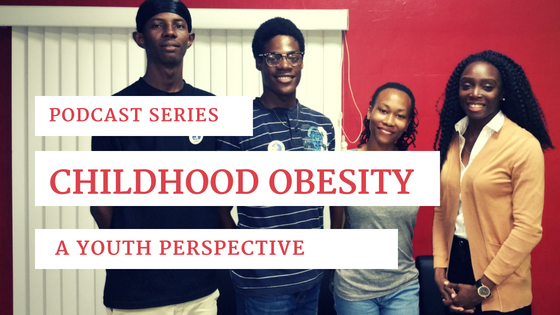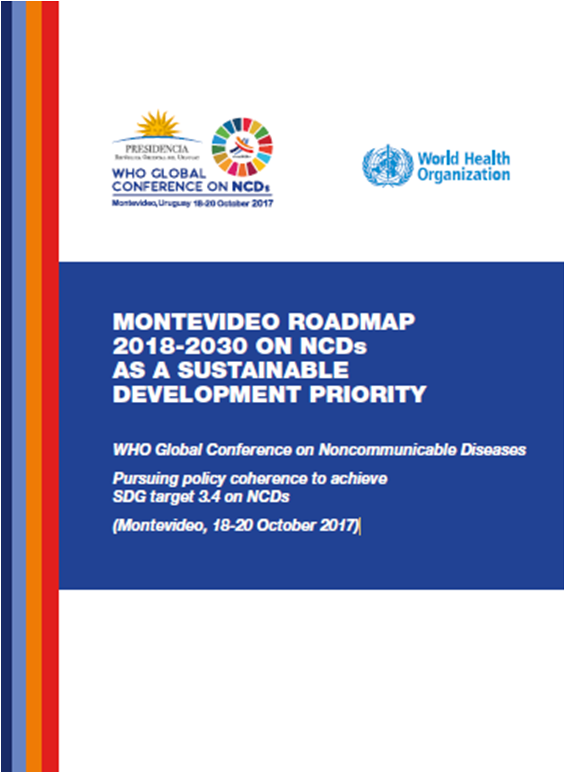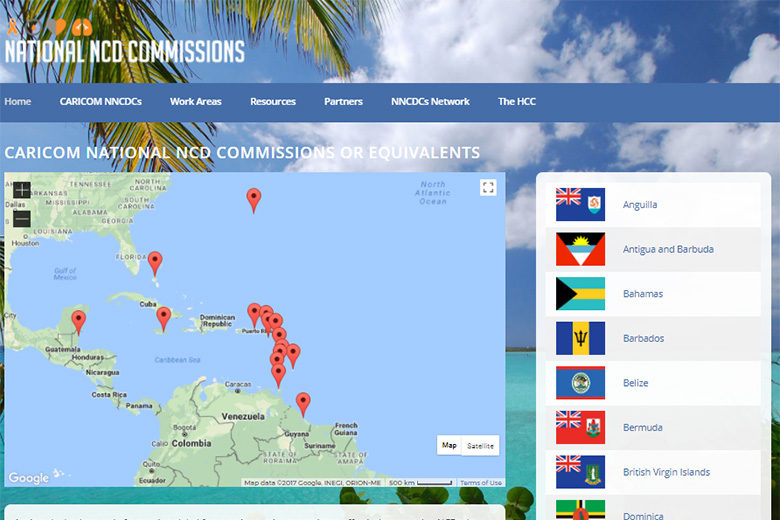We Publish a Position Statement on SSB Taxation in St Kitts
On 1st November 2018, the Ministry of Health in St Kitts held a public consultation on SSB taxation. During this consultation they provided information on their proposed approach to sugar sweetened beverage (SSB) taxation. Lake Health and Wellbeing supports the government’s plans to tax SSBs and has published a position statement outlining our views on this topic.
SSB Taxation
The taxation of SSBs has been utilised as a method of tackling obesity by creating a deterrent which leads to a reduction in the purchase and consumption of SSBs.
Taxation of SSBs has three important aims. The first it to incentivise manufacturers to reformulate or replace their products to create healthier options, the second is to deter the public from purchasing and consuming SSBs by making them unaffordable and the third is to raise funds from the tax revenue that can be used to support initiatives aimed at improving the health of the public.
Caribbean Children’s SSB Consumption
Children in the Caribbean drink large quantities of SSBs putting them at risk of becoming obese or overweight. Caribbean children’s frequency of consuming SSBs was found to be amongst the highest out of 187 countries. Furthermore, teenagers (12 to 15-year olds) in Barbados, Jamaica, the Bahamas and Trinidad and Tobago reported drinking SSBs three times or more a day, and in St Kitts and Nevis it was found that children consumed at least one carbonated soft drink a day.
SSB Consumption and Obesity
This high consumption of SSBs has been linked to weight gain and obesity in adults and children, and obesity or being overweight increases a person’s risk of developing a number of non-communicable diseases such as type 2 diabetes, stroke, heart disease and cancer.
Obesity is a significant challenge in St Kitts and Nevis. A PAHO report revealed that 33% of secondary school children in the twin island state were overweight and 14% were obese. More recently, in 2017, a UNICEF report published that 26% of children in St Kitts and Nevis are obese. When looking at adults in St Kitts and Nevis, the PAHO study reported that 34% of adults were overweight and 45% were obese.
Tackling Obesity
In order to address the high rate of obesity in St Kitts and Nevis, a number of strategies are required and reducing the public’s consumption of SSBs by introducing a tax is just one of many approaches.
Our Position Statement
To find out more about the St Kitts Ministry of Health’s approach to SSB taxation and our position on this approach. You can download our position statement below.
Document: Taxing SSBs in St Kitts: A Position Statement
Published by: Lake Health and Wellbeing
Date: 15th November 2018
Download here: SSB Taxation Position Statement
References
- UNICEF, Situation Analysis of Children in the Federation of St Kitts and Nevis, UNICEF Office for the Eastern Caribbean Area and the Government of St Kitts and Nevis, Christ Church, Barbados, 2017
- PAHO, Health in the Americas, 2012: St Kitts and Nevis, PAHO, 2012
- Xuereb, G. (2017). Sugar Sweetened Beverages Taxes in the Caribbean – Progress and Challenges.
- Yang, L. et al. (2017). Consumption of Carbonated Soft Drinks Among Young Adolescents Aged 12 to 15 Years in 53 Low- and Middle-Income Countries. American journal of public health, 107(7), pp 1095-1100.








